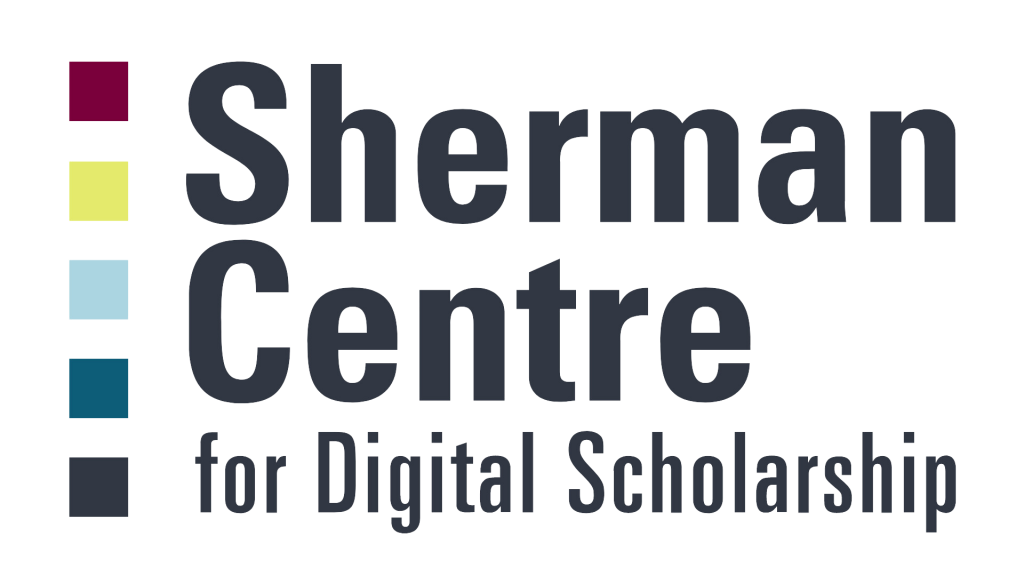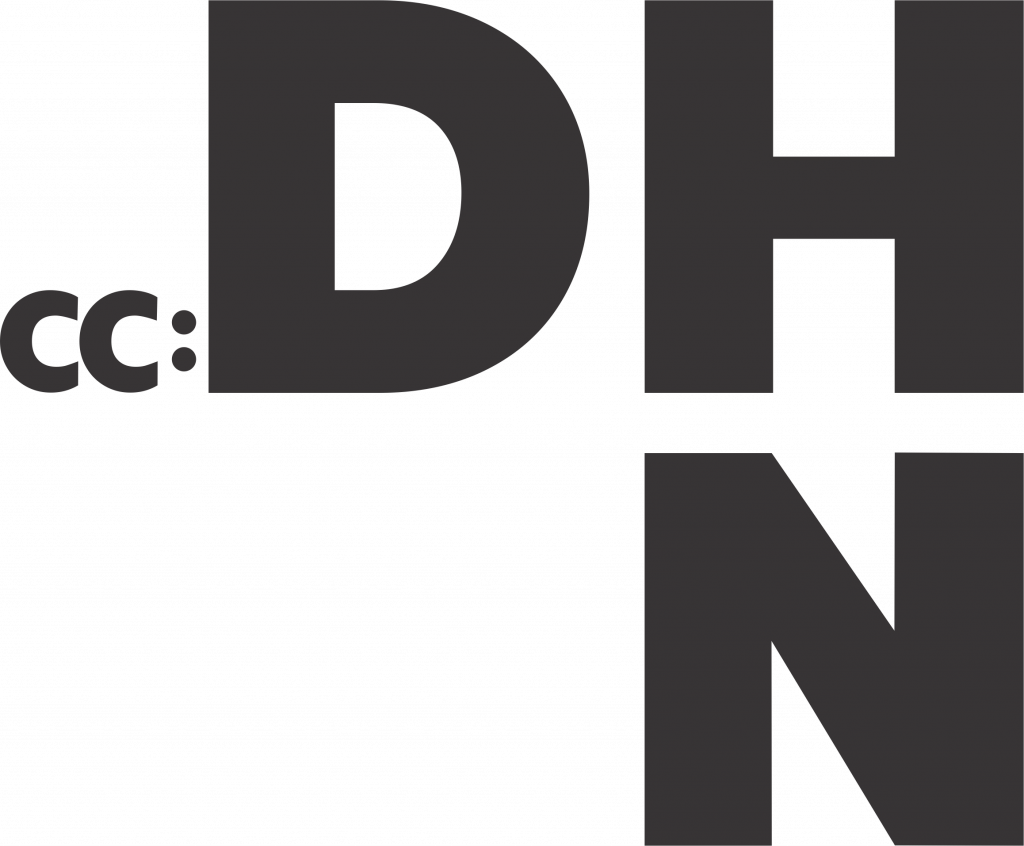
- This event has passed.
Streamline Your Research Materials Photos

Event Language
EnglishFormat
virtual/virtuel
Date: 29 January 2025
You’ve been there–getting home from an incredible research trip to an archive, maps collection, or gallery only to face a folder with thousands of photos all labelled “IMG50293.png.” Join Research Data Management Specialist Danica Evering and Data Analysis and Visualization Librarian Subhanya Sivajothy for an overview of Tropy: an open-source solution to explore and manage research photos. Instead of a folder crammed full of a jumble of nameless files, Tropy lets you work closely with your research materials. Starting with an overview of all your images, you can zoom into details and annotate points of interest as you start to uncover your research. It also lets you find patterns and contexts through systematized tagging and metadata. Developed alongside sister softwares Zotero, a reference manager, and Omeka, a digital exhibits system, at George Mason University, it integrates smoothly with its siblings. After introducing Tropy as a tool, this webinar will discuss how to create item records in Zotero, and then how to transform your research into a digital exhibition using the Tropy-Omeka integration.
No prior knowledge of Tropy will be required but please come with a version of the software downloaded for the demo!
Learning Outcomes: Use Tropy to organize, annotate, analyze and manage large research image collections. Select appropriate metadata and implement documentation and tagging systems. Integrate Tropy with Zotero and Omeka to cite archival sources and enhance the impact of your research and digital exhibitions.
Details: Any preparatory work for the session can be found on its information page. This virtual workshop will be recorded and shared on the same page, and discoverable via the Sherman Centre’s Online Learning Catalogue.
Facilitator Bio:
Danica Evering holds broad experience with research support, education, project management, advocacy, and knowledge translation; with fluency in social practice art, healthcare, community research, data, and systems development. Danica supports students, postdocs, faculty, and staff with RDM through the data lifecycle—Data Management Plans, storage and backup, data security, data sharing. With an MA in Media Studies from Concordia, they are interested in fostering RDM within curious scholars and disciplines.
Subhanya (she/her) brings a background of research in data justice, science and technology studies, and environmental humanities. She is currently thinking through participatory data design which allow for visualizations that are empowering for the end user.
